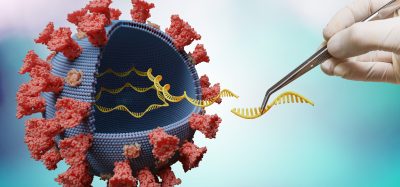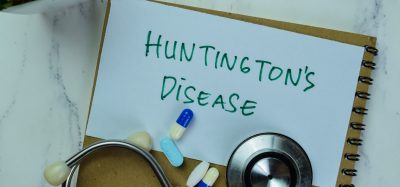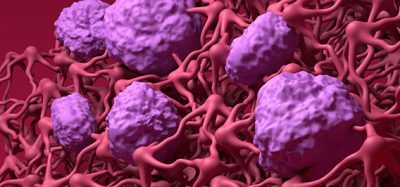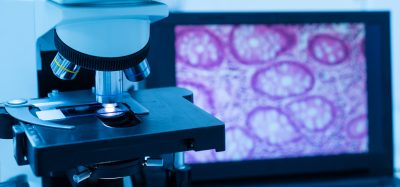Combatting HIV using gene therapy
Posted: 21 February 2024 | Drug Target Review | No comments yet
Researchers have created a nanomedicine loaded with siRNAs, which demonstrated a 73 percent reduction in HIV replication.
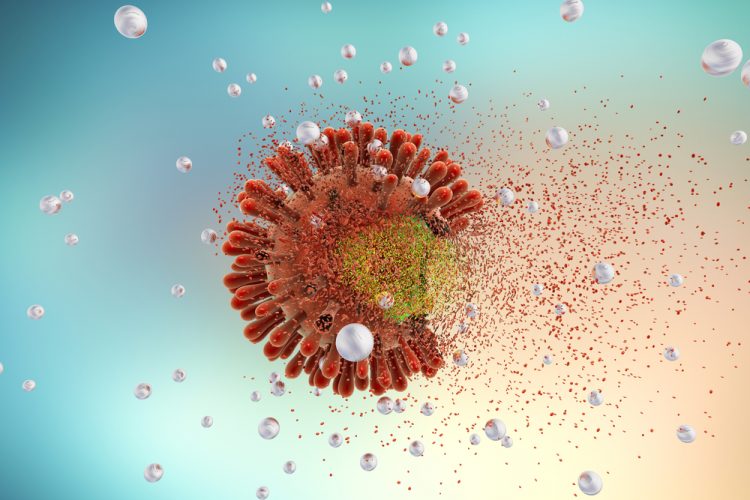

A new nanomedicine loaded with small interfering RNAs (siRNAs) to combat human immunodeficiency virus (HIV) using gene therapy has been developed by researchers at the University of Waterloo. The siRNAs demonstrated a 73 percent reduction in HIV replication.
Autophagy, the intracellular degradation system, has a crucial part in eliminating microbes like viruses and bacteria inside cells. However, HIV produces a protein, named Nef, that stops cells from activating autophagy. This is the first research to develop a combination nanomedicine that can reactivate autophagy and prevent HIV entry into cells, enabling the body to re-initiate its defence system.
HIV also has the CCR5 gene that allows the virus to enter a cell. The siRNAs target both Nef and CCR5 to reduce HIV infection. Dr Emmanuel Ho, from the Laboratory for Drug Delivery and Biomaterials, commented: “Our process allows our body to fight the viral infection without needing additional drugs.”
The nanomedicine showed a desirable particle size and zeta potential for intravaginal delivery, to protect against sexual transmission of HIV. Therefore, it is designed to be stable without leakage of siRNAs in the acidic vaginal environment and only release the siRNA once inside cells. Also, this microbicide containing siRNAs could prevent other sexually transmitted infections like HSV-2 and HPV.
Dr Ho confirmed that going forwards, further optimisation of the process and an improved understanding of how autophagy plays a role in how our cells protect us from viruses is needed. “We also hope this will shed some light to develop more alternative approaches to effectively reduce antimicrobial resistance,” he added.
The study was published in the Journal of Controlled Release.
Related topics
Drug Development, Gene Therapy, Nanomedicine, Virology
Related conditions
Herpes simplex virus (HSV-2), HIV, HPV
Related organisations
University of Waterloo
Related people
Dr Emmanuel Ho (University of Waterloo)




